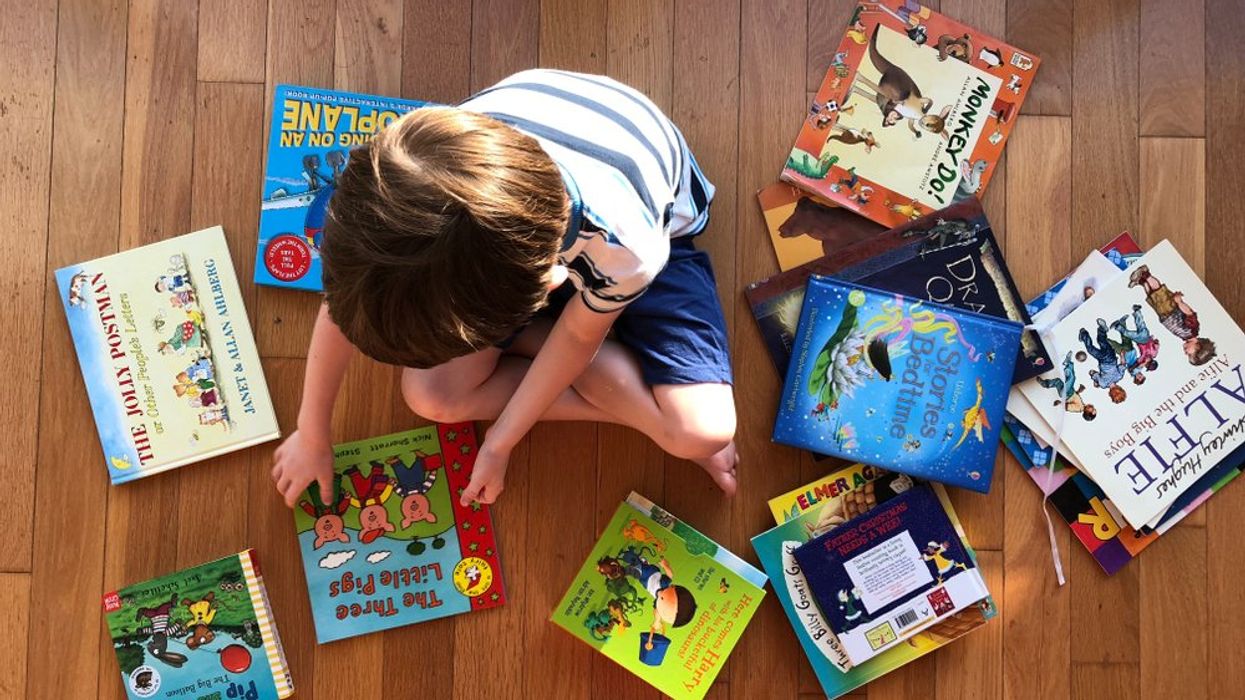Challenges to books offered in K-12 classrooms have reached unprecedented levels in the United States -- censorship that's largely targeting children's picture books.
Picture books account for 10 percent of the total challenges to book in schools and libraries, according to analysis from The Washington Post. Over 300 picture books were challenged within the past year.
75 percent of challenges to children's picture books were over LGBTQ+ content. In 64 percent of the cases, objectors noted they were motivated by not wanting children to read about lesbian, gay, bisexual, transgender, nonbinary, and queer lives. In 44 percent of the complaints, the books were called “inappropriate."
25 percent of challenges complained that books were "anti-police." Many levied fallacious terms such as “dangerous,” “grooming,” “reckless," “racist,” and “lying.”
One complaint wrote of Pride: The Story of Harvey Milk and the Rainbow Flag: “This book ... opens up conversations that lead to grooming and does not separate education from moral beliefs."
Rob Sanders, author of Pride, told The Post that he has two messages for parents who want to remove his books. One, they should not have the power to determine what other people's children read. Two, exposing their children to LGBTQ+ books will not turn them gay or transgender.
“Look at me. I’m almost 65, I grew up reading only books that featured parents who were heterosexual and characters who experienced the world in gender-normative ways,” he said. “Those books did not make me straight.”
A Place Inside of Me by Zetta Elliott shows the story a young Black boy coming to terms with the death of a girl in his community by police. One complaint called it “very dark and sinister,” claiming that “law enforcement is depicted as villains throughout this work.” Elliott said that it was meant to help Black children deal with the difficult emotions they face when navigating the world.
“So what do you do with this complicated relationship Black people have to the United States? I wanted to write something that would give a child an opportunity to honor all of their emotions," she said. “It flows from a certain group of parents who are afraid of having difficult conversations. But this idea that adults should not be permitted to help children interrogate difficult subjects is just ludicrous."


















































